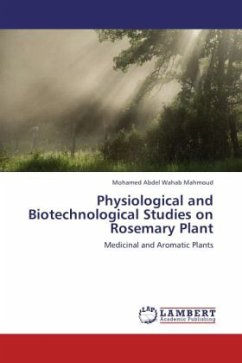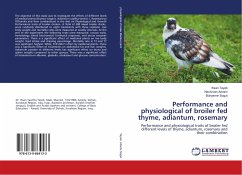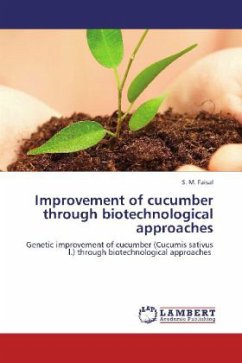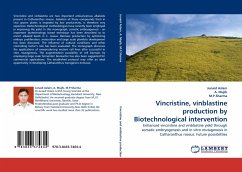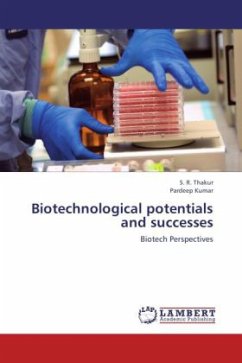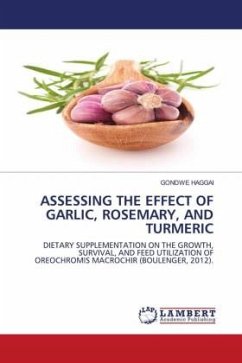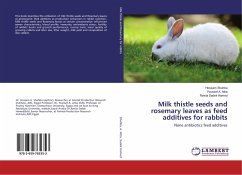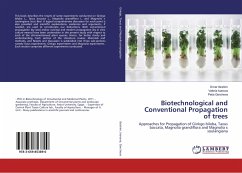This research was conducted during two successive seasons, 2002 as a first season in Egypt as one of Mediterranean countries and second season 2004 in Indonesia as one of tropical countries.The present research was designed to investigate and comparison the effect and response of rosemary plant to NPK fertilizers, compost,GA3 and biofertilizers on growth characters,some chemical composition, production and component of the oil. The results showed that,in Indonesia, biofertilizers and GA3 treatments besides control plants have some results of morphological characters,chemical composition,oil production and components significantly more than the results from the same treatments in Egypt.While in Egypt the results of morphological characters, chemical composition, oil production and some oil components resulted from NPK and compost treatments were significantly more than the results obtained from the same treatments in Indonesia. As for tissue culture experiment was carried out to investigate the effect of salt stress on callus growth and oil components of Rosemary plant. the results cleared that; there was inverse relationship between growth of callus and the salt concentration.
Bitte wählen Sie Ihr Anliegen aus.
Rechnungen
Retourenschein anfordern
Bestellstatus
Storno

